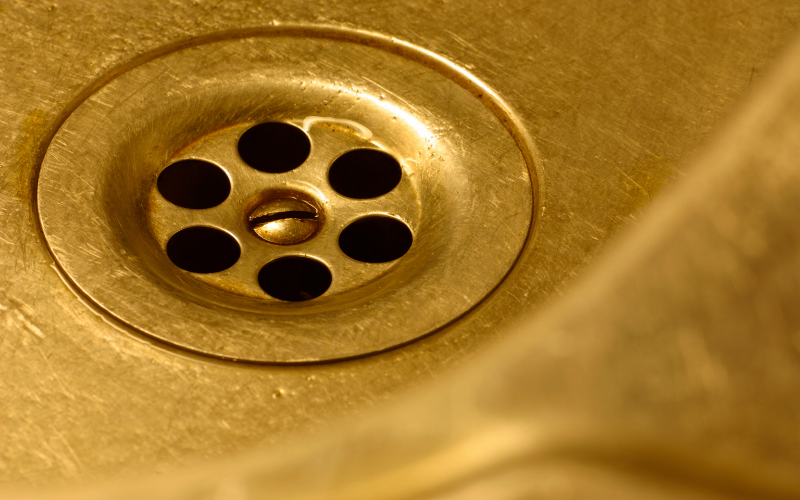Is there anything more frustrating than having a blocked drain? You can’t use the toilet for fear that it is going to overflow. You may even find that you can’t use water in any parts of your home, depending on the nature of the blockage. It can be very annoying, to say the least. But what makes matters worse is learning that the blockage could have been avoided. This is the case more often than you would realise. Mostly, blockages tend to occur because we act in ways we shouldn’t in terms of what we put down our toilets or sinks. Therefore, with a few little changes, you can go a long way to ensuring that your drains do not end up blocked. With that being said, let’s take a look at some important tips to follow to prevent blocked drains…
Some tips for the kitchen
Let’s begin by taking a look at some of the different things you can do with regards to your use of your kitchen sink in order to stop a blocked drain from occurring. When it relates to the kitchen, blockages usually occur because food has gotten down the sink.
This can be especially damaging if it is cooking oil, grease, or fat. This is because these liquids will solidify when they cool down, and this causes a pretty big blockage, which can be hard to remove by yourself. This is why you need to make sure that you never pour grease, fat, or cooking oil down the sink.
You should also make sure that you scrape any leftovers from your plate into the bin before you wash it in the sink. Another useful tip is to use a strainer in your sink plughole, emptying the contents into the bin. This will act as a barrier, ensuring food does not make it passed the plughole and into your drains. It’s always best to clean your sink properly to be absolutely sure you can prevent blocked drains.
Blockages in your own drains, as a result of clogging your pipes with fatty oils, grease, and leftover food, can cause a world of grief for your home. But there are also some more severe consequences. In the UK, “Fatbergs” have been an issue within London sewer systems since 2010, due to the rise in usage of “disposable” wet wipes.
BBC Earth Lab “Disgusting ‘Fatberg’ Found In London Sewer”
Fatbergs occur due to a combination of oils, fat and wet wipes, all combining into one large solid piece of matter. With that in mind, blockage prevention can be heavily influenced by what we flush down our toilets.
Some tips for the bathroom
Of course, aside from the kitchen, most of the mistakes happen in the bathroom when it comes to blocked drains. Did you know that one of the biggest causes of blocked drains in London and the UK, in general, is people trying to flush nappies down the toilet? You may think that this is something you can do because of the materials that modern nappies are made from. However, they have not been designed to be flushed down the toilet. This is one of the quickest ways to end up with a blockage because the nappy will end up stuck in the pipe, as it does not degrade in water.
Another big drain blocker is hair! If you have long or thick hair, this point is for you! It can be very difficult to avoid hair getting into the sink and shower plugholes. After all, you can’t help if strands of hair come out while you are washing! However, a good method for dealing with this is to get a trap or guard so that you can catch the hair before it is washed down the pipes.
Aside from nappies and hair, common blockages occur because of wipes and feminine products. With wipes, you need to throw them in the bin. They are not designed for toilets. Moreover, feminine products can range from cotton buds to sanitary pads, and these have not been designed to be flushed down the toilet either.
Whether it is food or a bathroom product, don’t have the attitude that now and again won’t make a difference. Little build-ups can easily result in big blockages.
Call Quick Clear Drainage London For Blocked Drains Emergencies!
If you do find that your drains are blocked, it is important to deal with the problem as soon as possible so that you can enjoy your home and the bill does not get bigger and bigger. After all, if you leave the blockage it may get worse, and this could mean that you have a more expensive plumbing service on your hands. Plus, who can really afford to leave a blockage as it is in any case? We all need water and to use the toilet! So, if you find yourself in this situation, don’t panic. Quick Clear Drainage London is here to provide an emergency blocked drain unblocking service. It does not matter what time it is or what day of the week it is, we have got you covered. Simply give us a call on 0203 633 3897 to book an emergency appointment if you have a blocked drain London.

